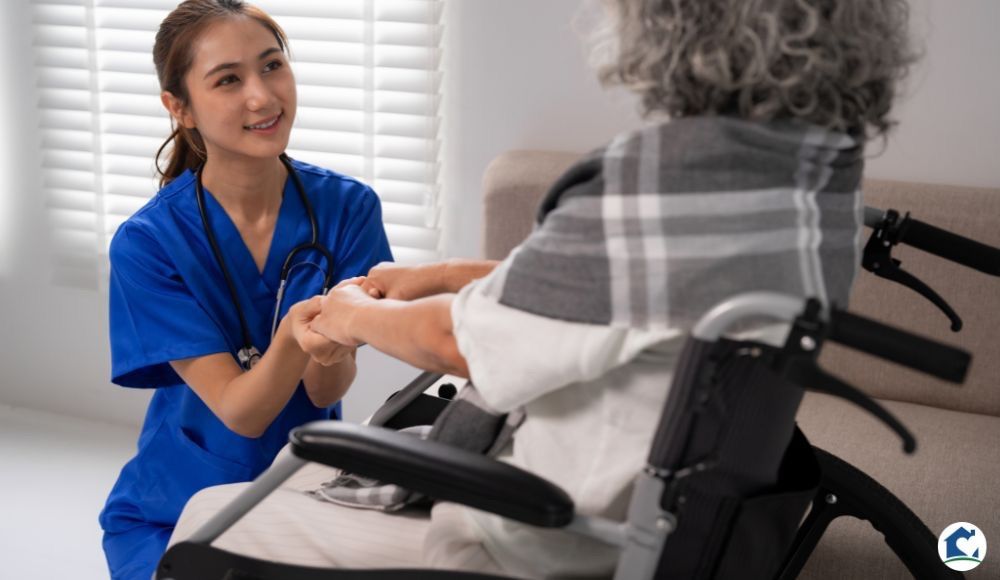How to Help a Parent Deal with the Death of a Spouse
Grieving the loss of a loved one is an incredibly difficult time for everyone involved, but it is especially trying on their surviving spouse. In fact, it is not uncommon for couples that have been married for a long time to both pass away within a short period of time. This phenomenon is called the widowhood effect and is a clear illustration of how closely our physical health is connected to our personal relationships.
After the loss of a spouse, the surviving partner often experiences depression and hopelessness as they have lost their life-long companion. Everyday tasks may be more difficult as they are surrounded by constant reminders of the love they have lost. The best thing you can do for your parent is to be there and support them as they grieve.
Here’s how:
- Try not to make any major changes to their life right away
- Encourage friends and family to visit often
- Help cook, clean and handle household chores that may have been split between them
- Encourage healthy eating, sleeping and exercise habits
- Share happy memories of your loved one
- Suggest that your parent to consider adopting a pet for companionship
- Join a grief group together or help find a support group specifically for grieving spouses
- Consult a home health care aide for additional daily support as needed
If you notice your parent is exhibiting depression symptoms or has another change in their health, don’t wait to contact a doctor. Getting the right help for your parent at this time can be the difference between life and death.
It is important to be considerate of your parent’s feelings while at the same time getting them to a “new normal” state so they can continue to enjoy their life. After all, that is what the dearly departed would have wanted for them.












